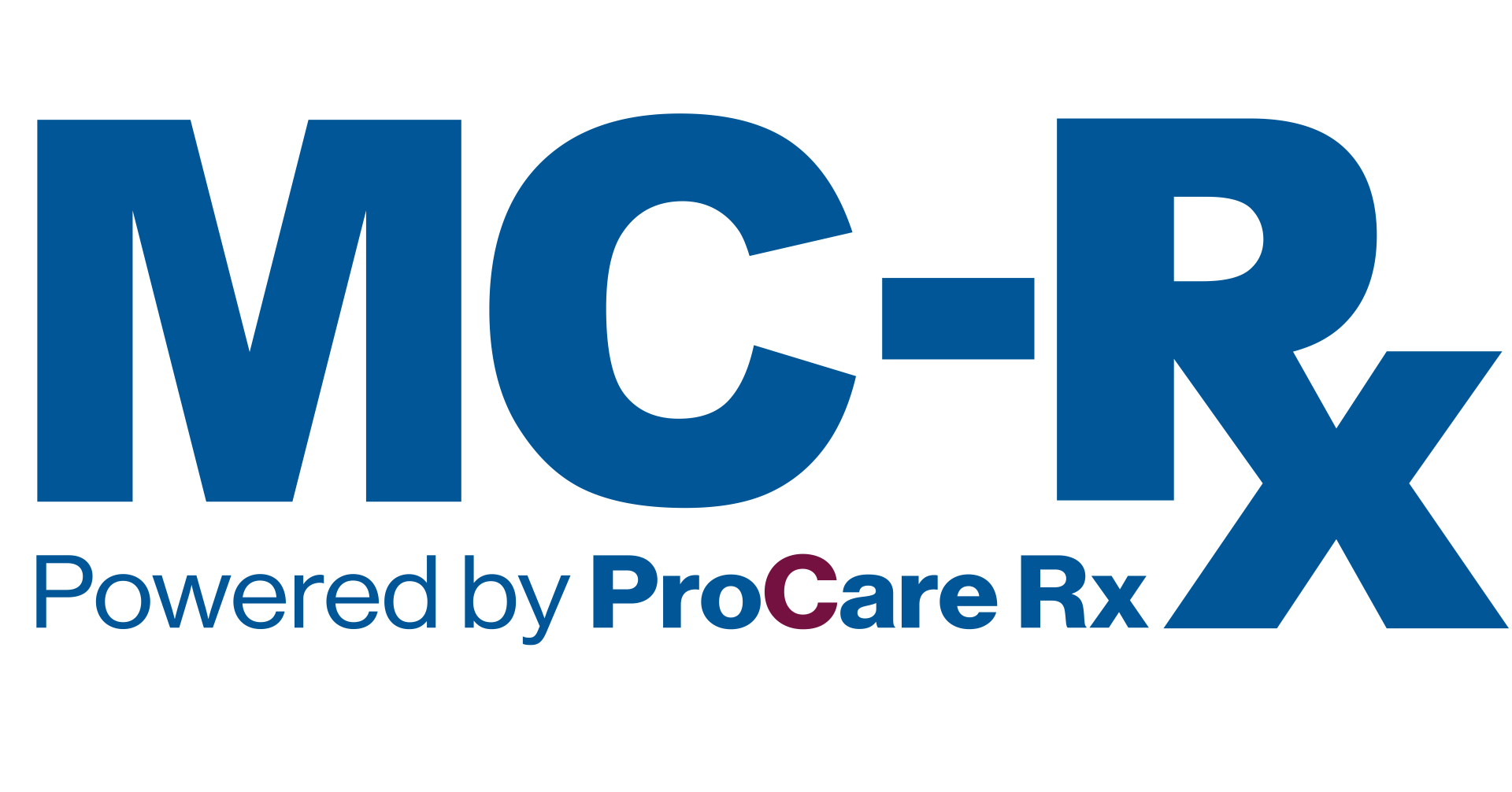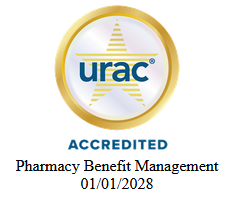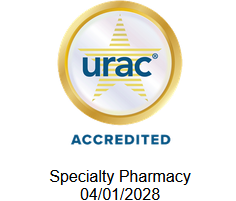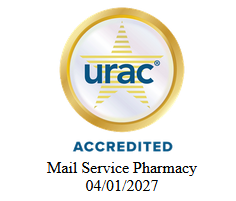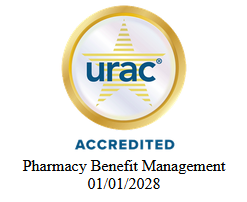ProCare Rx Earns Full URAC Reaccreditation in Pharmacy Benefit Management
URAC accreditation reflects ProCare Rx’s commitment to achieving and maintaining the highest quality, member engagement and experience, and operational standards for PBMs in the industry
Gainesville, GA, December 12, 2024 - ProCare Rx, a leading provider of pharmacy benefit manager (PBM) and pharmacy benefit administrator (PBA) solutions that reduce plan sponsor and employee pharmacy costs and improve clinical outcomes, has received full URAC reaccreditation for our Pharmacy Benefit Management Services supporting our affiliated PBM offerings as well as those of their clients. The organization and its affiliates have been URAC accredited since 2010. In addition to earning. In addition to earning accreditations or certifications from URAC for PBM and Mail Order Pharmacy, and HITRUST, ProCare Rx holds NIST SP 800-53 cybersecurity standard, and AICPA SOC 1 Type 2 and SOC 2 Type 2 + HIPAA certifications.
“Gaining URAC Pharmacy Benefit Management accreditation is a tremendous accomplishment and is reflective of the efforts of the many dedicated professionals involved in the process at ProCare Rx,” said Marileny Lugo, President MC-Rx. ProCare Rx Chief Executive Officer Barbara Rambo added, “2025 marks the 10th year under the ProCare Rx name in the US and the 15th year under the MC-Rx/MC21 name in Puerto Rico, that our overall solution has been accredited. I am incredibly proud of everyone throughout the organization who has contributed to bringing the highest level of commitment to our industry, clients, employees, and the lives we cover, delivering clinical-based outcomes.“
ProCare Rx offers programs that bring the appropriate balance of cost management and plan management to your organization, and illuminates the way to savings for everyone. At a time when satisfaction with traditional PBMs is at the lowest level in a decade, ProCare Rx will continue to raise the bar with ClearSight Transparency – a clear, direct look into your data, pricing, and claims cost. Built upon a foundation that has supported pass-through pharmacy benefit model since the beginning, the ProCare Rx organization helps to ensure that a maximum network cost savings and, other benefits are available to its plan sponsor clients. The URAC Pharmacy Benefit Management seal shows an organization’s commitment to high quality in healthcare in the areas of risk management, consumer protection and empowerment, operations and infrastructure, as well as performance management and improvement. We are proud to recognize ProCare Rx / MC-Rx for their achievement in these areas,” said URAC President and CEO, Shawn Griffin, MD.
To learn more about ProCare Rx’s suite of pharmacy benefit solutions, please visit
www.procarerx.com.
About URAC
Founded in 1990 as a non-profit organization, URAC is the independent leader in promoting health care quality and patient safety through renowned accreditation programs. URAC develops its evidence-based standards in collaboration with a wide array of stakeholders and industry experts. The company’s portfolio of accreditation and certification programs spans the health care industry, addressing health equity, workplace mental health, health care management and operations, pharmacies, telehealth, health plans, medical practices and more. URAC accreditation is a symbol of excellence for organizations to showcase their validated commitment to quality and accountability.
To learn more about URAC’s stringent standards and evaluation process for PBMs, please visit
https://www.urac.org/accreditation-cert/pharmacy-benefit-management-accreditation/
About ProCare Rx
ProCare Rx, a privately held leader in pharmacy claims processing, pharmacy benefit management (PBM), and clinical program design, has been empowering healthcare organizations since 1986. With offices in the U.S. and Puerto Rico, we provide customizable, cost-effective solutions tailored to the unique needs of self-insured employer groups, TPAs, pharmacies, health systems, unions, and other industry leaders. Our commitment to ethical,
transparent operations and long-lasting partnerships has made us a trusted partner in optimizing pharmacy benefits and clinical performances. To learn more about how ProCare Rx is bridging the gap between cost savings and clinical innovation, visit
http://www.ProCareRX.com
Media Contact:
Marc Cohen, VP, Marketing and Sales
marketing@ProCareRx.com



